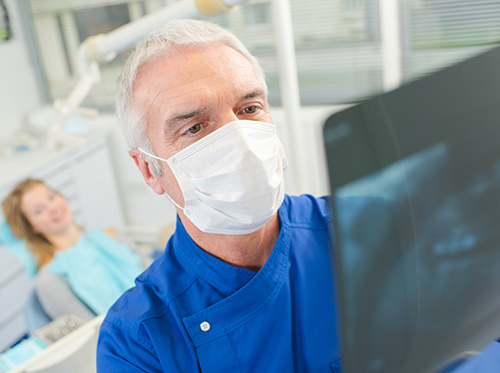Things You Probably Didn’t Know About New Year's Eve
December 26th, 2018

It’s no secret that New Year’s Eve is one of the most widely celebrated holidays in the world. Dr. Cronin and our team love it too. It’s a fresh start, another year of surviving the crazy world we live in, a time to refocus on the things we want for ourselves, a celebration with those we love … the list goes on.
Dozens of countries welcome the New Year with over-the-top parties and celebrations. Because it’s a public holiday, many offices, businesses, and schools close for the day. As you think about your plans for this holiday, here are some fun facts about New Year’s that might surprise you!
Can you guess what the most common New Year’s resolutions are? You may already have one or two of these on your own personal list. The top five New Year’s resolutions are: to quit smoking, get a new job, lose weight, increase personal savings, and return to school. Just remember that coming up with a concrete plan to reach your goals is the surest way to achieve your resolutions!
About one million people brave the cold to watch the New Year’s Eve ball drop in New York City’s Times Square in person. Yes, that’s one million! This event is one of the most iconic celebrations in the world. People travel from all over just to experience it, but you can watch from the warmth and comfort of your living room.
If you’re not a fan of cabbage, collard greens, black-eyed peas, or ham hocks, you might want to revise your tastes. All these foods are all regarded as lucky fare on New Year’s Day. Unless you’re allergic, of course!
For many people in Mexico and Latin America, eating 12 grapes at midnight is a tradition that brings good luck in the 12 coming months. Most people even make a wish per grape!
Whether you’re celebrating in Langley or traveling elsewhere to observe the holiday, New Year’s Eve is a time to enjoy the company of your friends and family. Don’t forget to send warm wishes to your loved ones, and snag a midnight kiss with that special someone if you can!




